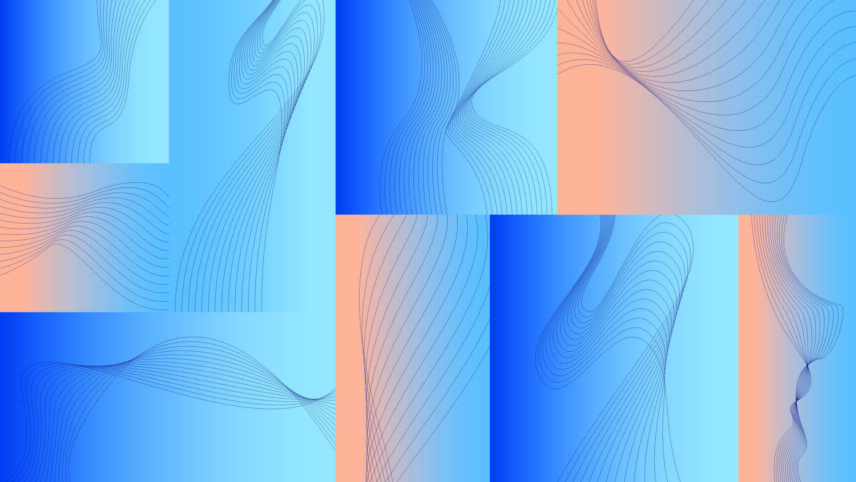
No Freedom Without Solidarity!
Join us for a Dialogue on the Future of Democracy
Gdańsk invites you to engage in a dialogue on democracy, solidarity, Europe and our responsibility for global peace. We will gather at a symbolic location, the historic grounds of the Gdańsk Lenin Shipyard, where the independent civic movement of Solidarity was born 45 years ago. The story of Gdańsk reflects both the dark and bright sides of world events. Gdańsk was where World War II began, bringing about the city’s utter ruin. In Gdańsk, in the 1980s, Solidarity initiated a peaceful revolution of human rights defenders, which led to the fall of the Iron Curtain. In Gdańsk, you will find testaments to the bloodshed caused by totalitarian regimes. The history of Gdańsk compels us, Polish Europeans, to think responsibly about the future of our continent and to act with courage.
On 3 and 4 June 2025, during the Polish Presidency of the Council of the European Union, we invite you to Gdańsk, as 4 June is one of those symbolic dates that are of special importance to us. On that day in 1989, two processes began that even now remain crucial for the world. In Poland, Solidarity won in partially free elections, while the communists ultimately lost the legitimacy of their power. It was a political earthquake in the Soviet bloc. A wave of democratisation began, leading to the fall of the Iron Curtain and the collapse of the Soviet Union. On 4 June 1989 in China, the Communist Party crushed a peaceful social protest with violent bloodshed. The communists not only strengthened their authoritarian political system but also expanded its foundations to include capitalism, creating a new global empire of politics, economy and technology.
The civic revolutions of 1989–1991 did not bring democracy and peace to all of Europe. Russia’s imperial tradition have proved to be strong. Together with its authoritarian allies, including China, Moscow is attempting to destroy democracy. Using its resources and military power, it defends the power of autocrats all over the world and dictates its rules of international politics.
The year 1989 was also when the communications revolution known as the World Wide Web began. Technological transition has changed every area of our lives. For democracy, the digital revolution has a dual nature: it can strengthen democracy through participation but it has also become a tool for its enemies.
We, Europeans, must once again make a choice on which direction our civic civilisation should take. Do we want to close ourselves off from global challenges in jingoistic egoism? Or will we defend the practice of solidarity among nations and the respect for human rights?
In recent years, democracies have lost their lustre and authority for many citizens, while dictatorships have demonstrated how brutally they will defend their existence by resorting to murder and warmongering. At the same time, they are able to efficiently build international alliances. The authoritarian world makes use of new technological and communications opportunities to weaken democratic solidarity and expand its own influence. War is once again becoming a method to achieve political goals, as seen in Ukraine and the Middle East.
In democracies, promises of social justice and human rights protection are not being consistently fulfilled today. Meanwhile, globalisation, climate change and wars have increased the pressure to modify every area of public life. That creates a political atmosphere in which the fear of revolutionary change and of losing what is known is mounting. This atmosphere of fear strengthens the fear of the other. The idea of universal human rights is on the defensive, as shown by the migration policies of many democratic countries.
We want to use the time of Poland’s presidency of the European Union to engage in a civic discussion among people of free speech, culture and science to talk about the condition Europe is in. Are we still faithful to the idea of solidarity based on human rights, which is so fundamental to our democracies? What choices do we have to make to ensure that our values are sound and acted on?
Join us in a dialogue at the European Solidarity Centre, Gdańsk, a cultural institution steadfastly faithful to the idea of universal solidarity: solidarity that is not limited by religious or cultural community, skin colour, gender or nation.
‘No Freedom Without Solidarity!’ was the rallying cry of the 1980 Polish Solidarity revolution that remains relevant to this day. This rallying cry gives us our civic strength.
Basil Kerski with the European Solidarity Centre team
Robert Piaskowski with the National Centre for Culture team


